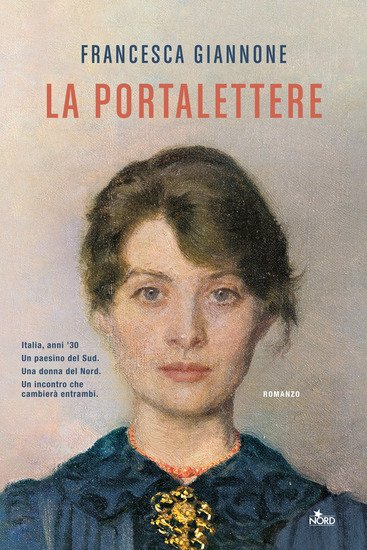Review of La portalettere by F. Giannone
When a friend excitedly lent me La portalettere, I felt a surge of curiosity. The author, F. Giannone, had garnered recognition and awards that hinted at a rich narrative waiting to be explored. Little did I know that my high expectations would overshadow the experience, leading to a somewhat disappointing journey through its pages.
The novel begins with a promising premise—the life of Anna, a postal worker navigating love and societal expectations during a tumultuous period. However, what could have been a deep exploration of identity and resilience ends up feeling superficial. Giannone’s writing flows swiftly, making it an easy read, yet this fluidity sacrifices the depth and richness that could have transformed it into a timeless story. The vibrant setting of Salento, with its picturesque landscapes and cultural nuances, is brushed over, leaving behind a sense of disconnect. Salento might as well be a generic backdrop; there’s little tying the characters to their land, aside from fleeting mentions of local flora and cuisine.
The characters themselves felt rather one-dimensional. Anna, though seemingly the heroine, oscillated between being overly perfect and annoyingly condescending. I wanted to connect with her struggles and triumphs, yet found only an air of superiority in her interactions. The way her relationships unfolded—especially with Carlo—left much to be desired. Their moments of passion were overshadowed by a mutual stubbornness, leaving the emotional depth wanting. The tragedy of Carlo’s death could have served as a profound turning point, yet it was glossed over, leaving Anna’s grief feeling hollow.
Moreover, Giannone’s forays into themes of feminism fall flat. While the narrative nods at contemporary feminist discourse, it fails to engage substantively. The portrayal of women seems to hinge on their physical appearance rather than their inner strengths or complexities. A central plot point involving a character’s miscarriage, for instance, is left without lasting impacts—a missed opportunity to delve into deeper emotional or societal ramifications.
One might expect a gripping historical backdrop, especially against the backdrop of World War II. However, Giannone sidesteps this critical period, leaving readers bewildered as to how the Greco family navigated such a landscape with seemingly no consequences. The underpinnings of class and economic strife are hinted at but never fully realized, which is a shame considering the fertile ground for narrative exploration.
Despite these issues, La portalettere has its merits. It provides a quick escape into a different world, and there are moments where the writing shines, beckoning readers to harder truths. Yet, for those seeking a robust feminist narrative or a compelling historical context, I’d caution against expecting overly profound insights.
In conclusion, I would recommend this book to casual readers seeking an easy read or those looking for a light exploration of familial dynamics. However, for those craving a thorough engagement with deeper themes and character growth, you might want to look elsewhere. My experience with La portalettere has been a reminder that even the most intriguing premises can sometimes result in a lackluster execution, leaving a lingering sense of what could have been.







